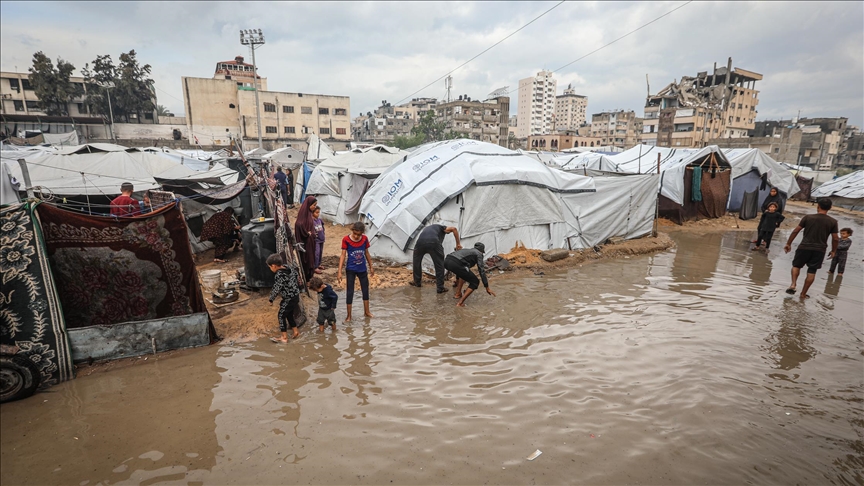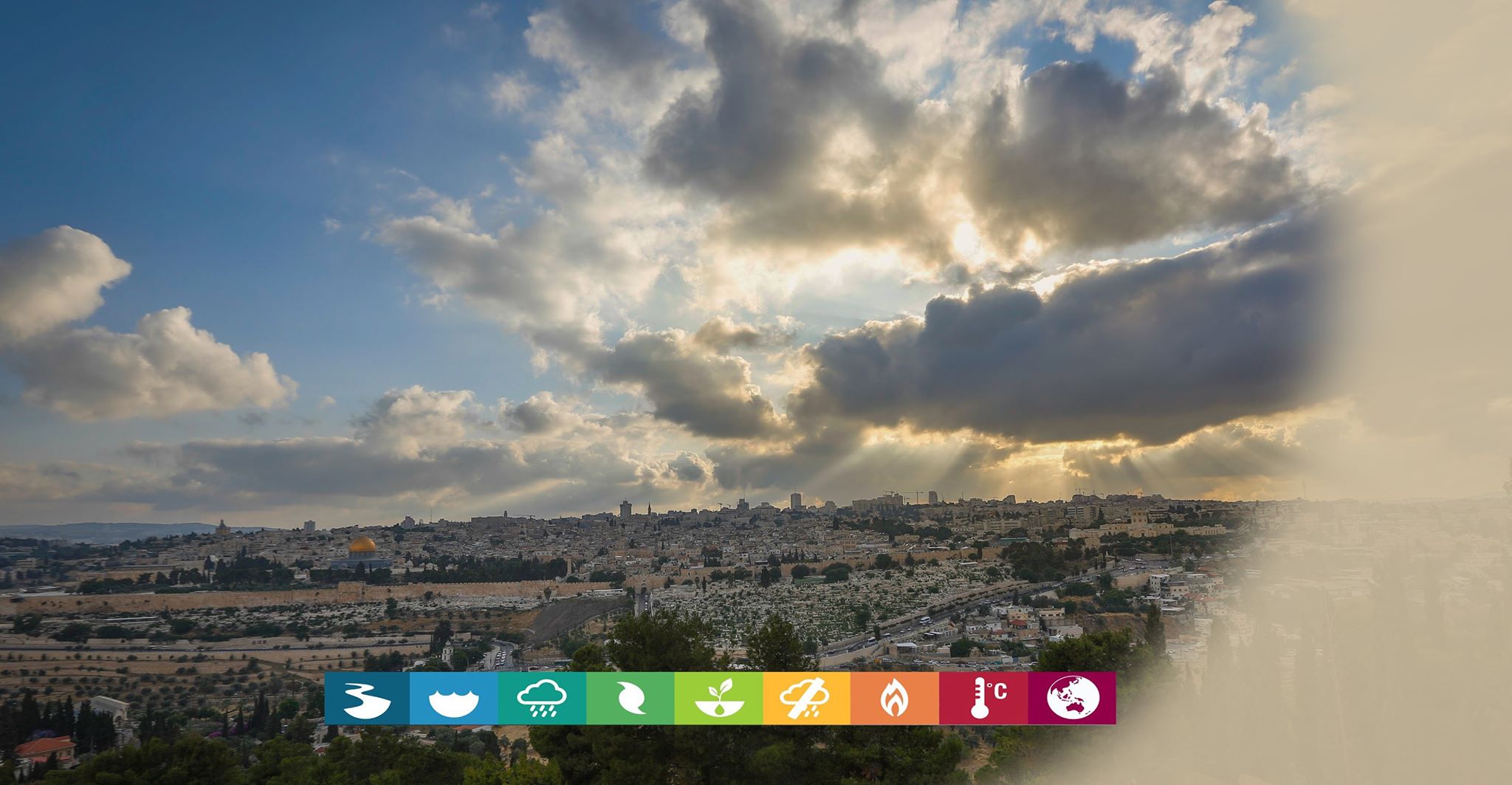JERUSALEM, 11 March 2025 (WAFA) - UNICEF and the Government of Japan Monday signed a US$ 3.8 million agreement to improve the health and nutrition services for vulnerable children and women in the State of Palestine, according to the Representative Office of Japan to Palestine.
The Representative Office said in a press statement that the agreement was signed in cooperation with the Ministry of Health to launch the project “Improving Access to Health and Nutrition Services for Vulnerable Children and Women” in the State of Palestine at the Ministry’s headquarters in Ramallah in the presence of Minister Maged Abu Ramadan.
It added that the initiative aims to provide critical primary health care and nutrition services to approximately 180,000 children, women, and families in the Gaza Strip and the West Bank over the next 12 months.
The agreement was signed by Araike Katsuhiko, Ambassador of Japan for Palestinian Affairs and Jean Gough, UNICEF Representative in the State of Palestine.
According to the statement, the project will focus on revitalizing primary health care services, improving access to antenatal and postnatal care, managing childhood illnesses, and delivering critical nutrition interventions. It will also support the training of 300 health professionals and the establishment of four mobile health teams to reach hard-to-access communities.
The Ambassador of Japan Katsuhiko reaffirmed Japan’s commitment to supporting the Palestinian people: “This support symbolizes the solidarity of the Government of Japan and its people with the Palestinian people. It also reflects our commitment to continuing to contribute to efforts that bring about lasting peace in Palestine and in its neighboring countries.”
Aligning with Sustainable Development Goal 3 (Good Health and Well-Being), this Project will contribute to strengthening the resilience of health systems in the region. Through close collaboration with the Ministry of Health and local partners, the initiative will enhance the quality of health services and support community-based interventions to address malnutrition among children and pregnant and breastfeeding women.
Minister of Health Abu Ramadan welcomed the signing of the agreement and expressed the Ministry’s appreciation for both the Government of Japan and UNICEF for offering ongoing support to Palestinians, especially children.
“This agreement represents a vital step in enhancing health services, especially for women and children who are facing increasing challenges due to the difficult humanitarian conditions we are experiencing as a result of the occupation,” Abu Ramadan said.
He also emphasized that the agreement aligns with the Ministry’s plan to improve the quality of primary healthcare, expand service coverage to reach remote areas, and provide essential medical care that citizens urgently need. He reaffirmed the importance of strengthening cooperation with partners to ensure the effective implementation of this project and to achieve the maximum benefit for the Palestinian people.
Underscoring the need for this project, the Representative Office said that “the Gaza Strip continues to face dire conditions, including a severe shortage of medical supplies, food, and water, and widespread displacement due to conflict. In the West Bank, increased militarized operations have strained health services and impacted access to care for thousands of families.”
Jean Gough, UNICEF Representative in the State of Palestine, expressed her deep thanks to the Government and people of Japan: “Today’s agreement marks a significant step forward in our efforts to ensure that every child and mother in the State of Palestine has access to the essential health and nutrition services they need,” she said. “Thanks to the generous support of the Government and people of Japan, this project will provide life-saving services to those who need it most, especially in the challenging contexts of Gaza and the West Bank.” She added.
The UNICEF and the Government of Japan affirmed their commitment to transparency and accountability in the implementation of this project. Regular monitoring and evaluation will ensure that the project delivers measurable and sustainable impacts on the health and well-being of children and families in Palestine.
K.F.












